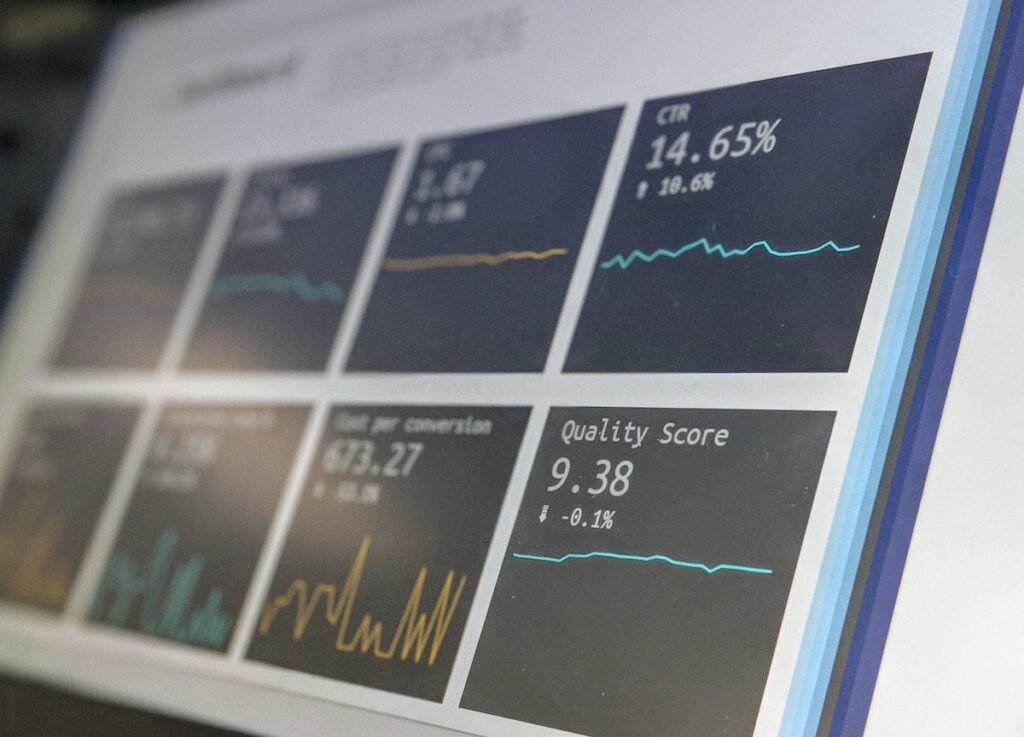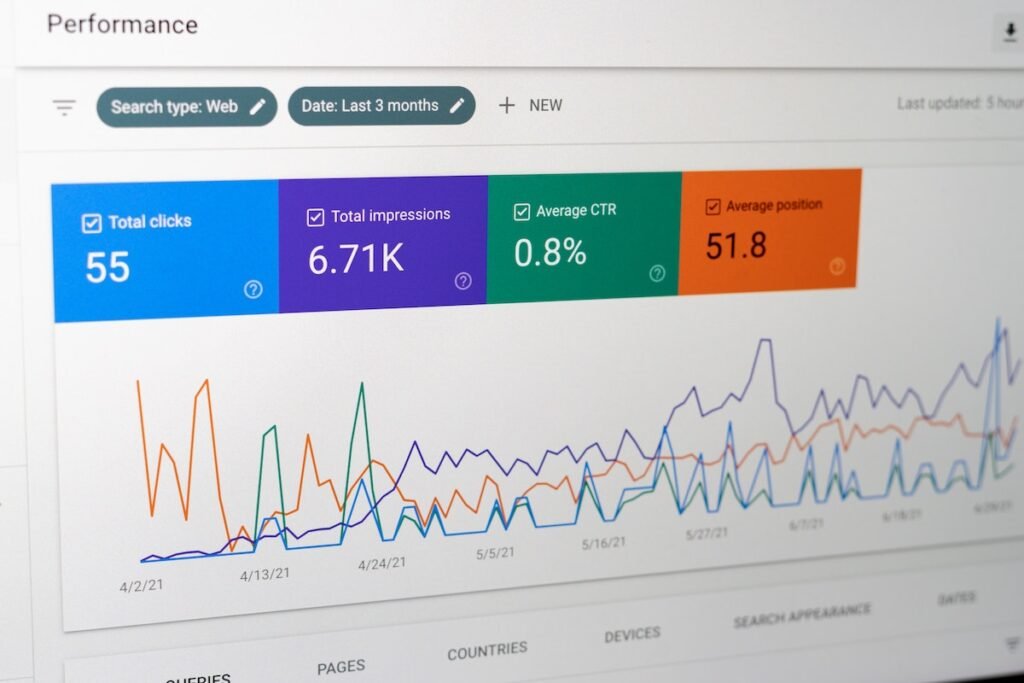Google Analytics is a powerful tool that every small business should be using. With this tool, businesses can track and analyse their website traffic, understand their audience and improve their online marketing strategies. By using Google Analytics, small businesses can gain valuable insights into their website performance and make informed decisions that will drive growth and success. In this article, we will explore the benefits of using Google Analytics for small businesses and how they can get started with it.
One of the biggest advantages of using Google Analytics is that it provides real-time insights into website performance. With this tool, businesses can see exactly how many people are visiting their site, where they are coming from, how long they are staying, and what pages they are visiting. This information can help businesses identify trends and areas for improvement in their website and online marketing strategies.

Another benefit of using Google Analytics is that it allows businesses to track the success of their marketing campaigns. For example, businesses can see how many people are clicking on their ads, what keywords are driving traffic to their site, and how many conversions are being made. This information is crucial for businesses to understand what is working and what is not, so they can adjust their marketing strategies accordingly.
Google Analytics also provides valuable insights into customer behaviour. Businesses can see what pages are most popular, what content is resonating with their audience, and what pages are causing people to leave the site. This information can help businesses optimise their website and improve the user experience.
One of the biggest challenges that small businesses face is measuring the return on investment (ROI) of their marketing efforts. Google Analytics can help solve this problem by providing businesses with detailed reports on their website performance and marketing campaigns. This information can be used to measure the ROI of each campaign and make informed decisions on where to allocate resources.

Finally, Google Analytics is easy to use and is available for free. Businesses simply need to sign up for an account and install the tracking code on their website. Once this is done, businesses can start tracking their website traffic and analysing their performance. There are also many resources available online to help businesses get started with Google Analytics, such as tutorials and webinars.
what are the key metrics I should look for in google analytics
Google Analytics provides a wealth of data for businesses to analyse and understand their website performance. Here are some of the key metrics that businesses should look for in Google Analytics:
- Traffic: Traffic refers to the number of visitors to your website. Businesses should track this metric to understand the popularity of their site and to identify trends over time.
- Bounce rate: Bounce rate refers to the percentage of visitors who leave your website after only visiting one page. A high bounce rate can indicate a problem with your website or content, so businesses should keep an eye on this metric and work to improve it.
- Session duration: Session duration is the average amount of time that visitors spend on your website. Businesses should aim for high session duration as this indicates that visitors are engaging with their content.

- Pages per session: Pages per session refers to the average number of pages that visitors view during a single session on your website. Businesses should aim for high pages per session as this indicates that visitors are exploring their site and finding content that interests them.
- Conversion rate: Conversion rate refers to the percentage of visitors who complete a desired action on your website, such as making a purchase or filling out a form. This is an important metric for businesses as it directly relates to their bottom line.
- Source of traffic: Businesses should also track where their traffic is coming from, such as search engines, social media, referral sites, or direct visits. This information can help businesses understand which channels are driving the most traffic and where they should focus their efforts.
- Keywords: Businesses should also track the keywords that are driving traffic to their site. This information can help businesses understand what their audience is searching for and how they can optimise their content to rank higher in search results.
- Landing pages: Landing pages refer to the first page that visitors see when they arrive on your website. Businesses should track the performance of their landing pages and make changes to improve their conversion rate.
By monitoring these key metrics in Google Analytics, businesses can gain valuable insights into their website performance and make informed decisions to drive growth and success.
How does google analytics track my website?
Google Analytics tracks your website by using a tracking code that you install on your site. The tracking code is a small piece of JavaScript code that collects data about your website visitors and sends it to the Google Analytics servers.
Once the tracking code is installed, Google Analytics starts collecting data about your website visitors, such as their location, device type, and the pages they visit. This data is then processed and analysed to provide you with reports and insights into your website performance.
The tracking code works by sending a request to the Google Analytics servers every time a visitor interacts with your website. This request includes information about the visitor’s session, such as the pages they visited and how long they stayed on your site.
The tracking code is designed to be easy to install and requires no technical expertise. You simply need to sign up for a Google Analytics account, generate the tracking code, and paste it into your website’s code. You can then start tracking your website traffic and analysing your performance.
Google Analytics tracks your website by using a tracking code that you install on your site. The tracking code collects data about your website visitors and sends it to the Google Analytics servers, where it is processed and analysed to provide you with insights into your website performance.
Google Analytics is a must-have tool for small businesses. With its powerful insights, real-time data, and ease of use, businesses can take their online marketing strategies to the next level and achieve success.


